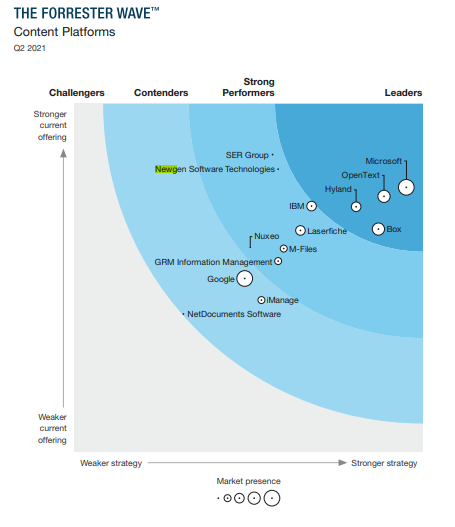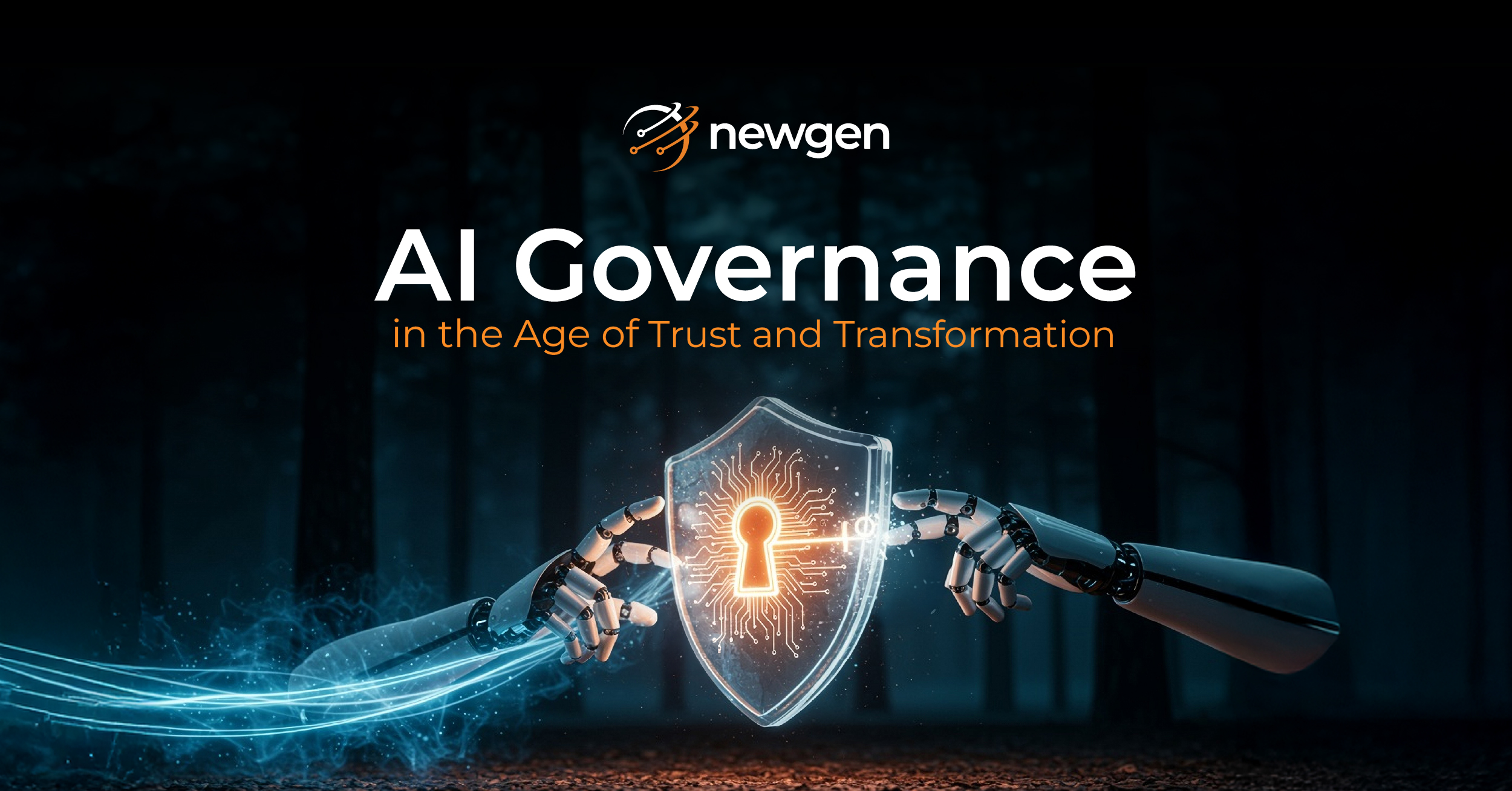If you are a growing organization growing to look to manage your content better, or if you have outgrown your current enterprise content management modernizing your ECM is critical to stay current in today’s digital world.
Here we list ten criteria that can help you decide the right ECM for you:
1. Omnichannel Content Services
Tracking the customer’s life cycle across their multiple digital devices can give you a better understanding of their preferred mode. So, an enterprise content management software which can connect with various digital channels using robust content services should be considered.
2. Analytics-enabled Enterprise Content Management (ECM)
An ECM platform with rich content and analytics services can provide critical insights about your customers and their interactions. Leveraging these insights can give the best customer experience in a timely fashion.
3. Content Capture Accuracy
An ECM with full-featured content capture services can ensure complete accuracy in capturing content, leading to quick turnaround times, and aiding more customer acquisitions.
4. Connected Content Repository
Reliable and scalable capture services, along with high-end storage, retrieval, and archival facility over a well-connected content repository, should always be considered while selecting the right ECM.
5. Automation of Operational Workflows
An ideal Enterprise Content Management system should have automated operational workflows to build seamless processes between front and back offices, resulting in faster and contextual customer responses.

The Forrester Wave: Content Platforms, Q2 2021
6. Robotic Process Automation(RPA)
RPA helps ingest and extract the content at tremendous speeds and accuracy. So, an RPA enabled ECM should be a critical criterion in choosing your next ECM.
7. Continuous Improvement
An ECM with efficient reporting and analytic services will generate needed information for business users so that they can track and improve the business processes.
8. Repository-agnostic ECM
A repository agnostic Enterprise Content Management (ECM) platform with virtual repository services, which are divided still connected, makes it simple to locate information and should be considered.
9. Strong Integration Capabilities
An enterprise content management with hybrid integration capabilities integrates easily with other business applications like CRM, BPM, and ERP and should be considered for seamless operations.
10. Microservices Architecture
An ideal ECM should support the microservices architecture to deploy selected services in different environments, such as public, private, and hybrid settings.
Enterprise Content Management system helps enterprises manage structured and unstructured content, which can be used as and when required at high speed with little manual intervention. You must evaluate the factors mentioned above and make an informed decision.

The Forrester Wave evaluated 14 top enterprise content management platform (ECM) providers based on 25 criteria. In the evaluation, Newgen is cited as a strong performer in the content platform.
You might be interested in





